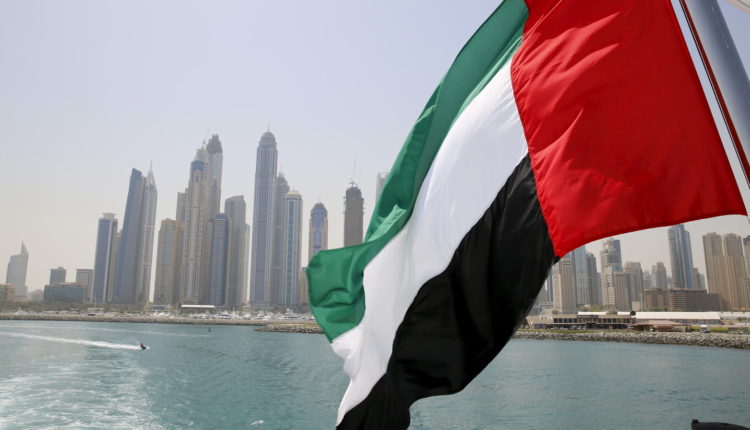A statement by the UAE Foreign Ministry welcomed Saudi King Salman bin Abdul Aziz’s invitation to Gulf and Arab leaders to hold two emergency summits in Mecca to discuss the repercussions of last week’s attacks on oil installations in Saudi Arabia and oil tankers off the coast of the UAE.
“The current delicate circumstances require a unified Gulf and Arab position in light of the challenges and dangers surrounding amid mounting tensions with Iran following attacks on tankers off the coast of the UAE”, the statement said.
The UAE sees itself, along with Saudi Arabia, at the center of a confrontation with Iran’s face in the region. However, it cannot be interested in a devastating war in the region, as it will be the most to lose, especially since any serious American strike on Iran will not pass without an Iranian response on Abu Dhabi and establish its collapse economically and socially.
In addition to the high cost of war, which will be borne by the UAE and Saudi Arabia, their effects will be devastating to the consumerism of these countries, especially Abu Dhabi.
The UAE’s aim, along with Saudi Arabia, is an attempt to curb Iran, and use the American fleet in the Gulf to deter Iran and prevent it from repeating its targeting, as happened last week against ships in Fujairah and oil stations in Saudi Arabia.
Therefore, all the crowds and talk about the war in the region, and based on the statements of those concerned and analyzes of its consequences, there will be no war, it is an attempt to control the Iranian behavior in the region.
The Gulf region is living in the throes of American military buildup and a growing talk that the region could become a war zone in the light of the possibility of war against Iran. The possibility is sometimes reversed and sometimes advanced, but the hypothesis of its occurrence may be ruled out for many reasons, especially since it is clear that this war is not wanted by either President Donald Trump or even the Iranian regime.
The American president, in spite of his madness, is a businessman, not a man of war like former President George W. Bush.
Trump’s considerations, in any move he makes, are primarily financial, and the basis for his involvement in the defense of Saudi Arabia and its crown was and still is associated with the money that can be derived from the Kingdom.
Trump is not ashamed to speak out, and he is raising the banner of defending Saudi Arabia and protecting it as a sign of the billions of dollars that the Gulf states are seeking to get closer to.
But the banner of protection is something, and engaging in direct war with Iran, to satisfy these countries, is something else different, even if these countries are to finance the US military campaign.
Journalistic leaks at the height of tension in the Gulf confirm this, and even Tramb’s public statements in recent days that he does not wish to have a war with Iran, as well as seeking to calm tensions through channels of communication with Tehran, through Switzerland or elsewhere.
It is the same is true for the Iranians, who do not provide an occasion to confirm that there will be no war with the United States and that Iran does not want such a war. The irony is that the Iranian leader said in a speech that included the usual threat that Iran does not want war with the United States, which is fundamentally contrary to the great slogans that the Islamic Republic had raised in previous years about the destruction of the “Great Satan”.



